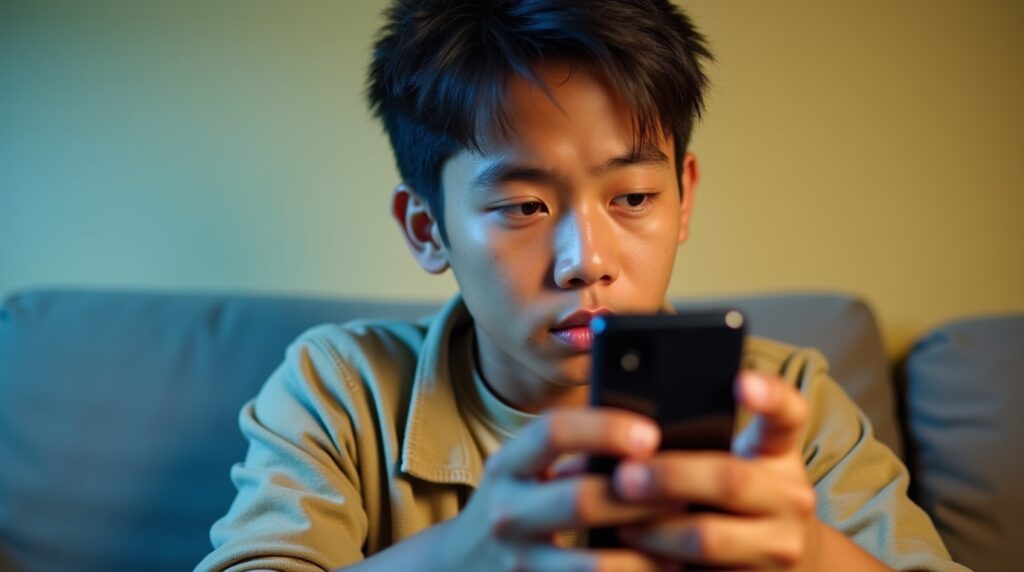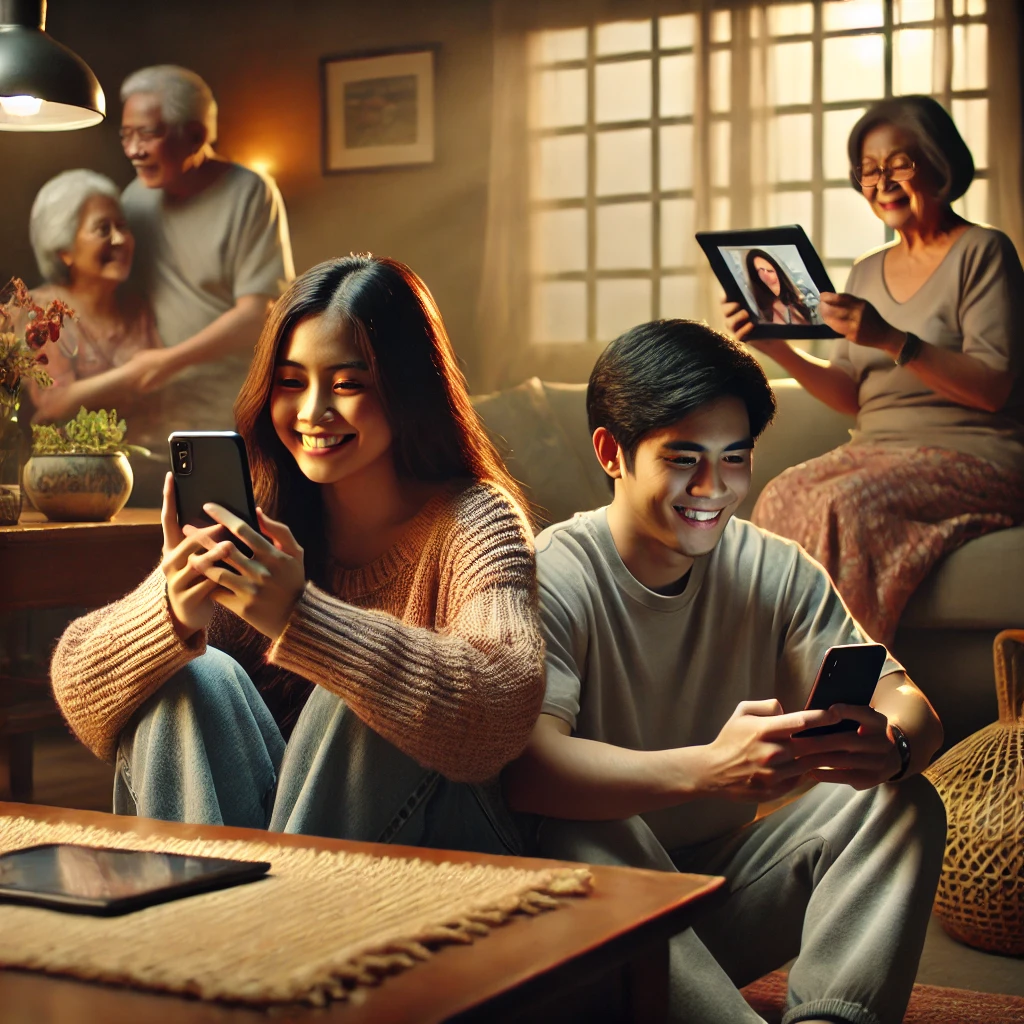Social media has dramatically transformed how we connect and communicate in the Philippines and worldwide. With its widespread use, it’s essential to examine its impact on our mental health and well-being. This blog post aims to explore the psychological effects of social media use on Filipinos, highlighting both the potential benefits and drawbacks. We’ll also discuss responsible social media habits to promote mental wellness in the digital age.
The Rise of Social Media in the Philippines
The Philippines has earned the title of “Social Media Capital of the World” for its high social media penetration and usage rates. Filipinos spend an average of 4 hours and 15 minutes daily on social media, surpassing the global average of 2 hours and 24 minutes, according to a report by We Are Social and Hootsuite (2023).
| Platform | Usage (%) |
|---|---|
| 97.5 | |
| YouTube | 97.2 |
| TikTok | 80.9 |
| 74.1 | |
| 63.9 |
Source: We Are Social and Hootsuite (2023)
This extensive social media use has significant implications for the mental health and well-being of Filipinos.
The Psychological Effects of Social Media Use
Social media can impact our mental health in various ways, both positively and negatively.
Positive Effects:
- Enhanced Social Connection: Social media platforms enable us to connect with friends, family, and like-minded individuals, fostering a sense of belonging and community.1
- Increased Access to Information and Support: Social media can be a valuable resource for information on mental health issues and provides access to online support groups and communities.
- Improved Self-Expression and Creativity: Platforms like TikTok and Instagram allow individuals to express themselves creatively and share their talents with a broader audience.
Negative Effects:
- Social Comparison and Low Self-Esteem: Constant exposure to curated online personas can lead to social comparison, body image issues, and feelings of inadequacy.
- Cyberbullying and Online Harassment: Social media can be a breeding ground for cyberbullying, hate speech, and online harassment, leading to anxiety, depression, and even trauma.
- Fear of Missing Out (FOMO): The constant stream of updates on social media can create a sense of FOMO, leading to anxiety and dissatisfaction with one’s own life.
- Addiction and Distraction: Social media can be highly addictive, leading to excessive use, distraction from real-life responsibilities, and sleep disturbances.
Responsible Social Media Use for Mental Wellness
While social media can have negative consequences for mental health, it’s important to remember that it’s a tool. We can use it responsibly to promote mental wellness by adopting healthy habits.
Tips for Responsible Social Media Use:
- Be Mindful of Your Time: Set limits on your daily social media use and stick to them. Use apps or browser extensions to track and control your time spent on social media.
- Curate Your Feed: Follow accounts that inspire and uplift you, and unfollow those that trigger negative emotions or comparisons.
- Engage in Meaningful Interactions: Focus on building genuine connections and engaging in meaningful conversations rather than chasing likes and followers.
- Take Breaks: Regularly disconnect from social media and engage in activities that promote mental well-being, such as spending time in nature, exercising, or pursuing hobbies.
- Be Critical of Online Content: Remember that social media often presents an idealized version of reality. Don’t compare yourself to others or believe everything you see online.
- Seek Support When Needed: If you’re struggling with the negative impacts of social media, don’t hesitate to reach out to friends, family, or mental health professionals for support.
Conclusion
Social media is an integral part of our lives, and its impact on our mental health is undeniable. By being mindful of our usage habits and adopting responsible practices, we can harness the positive aspects of social media while mitigating its potential negative effects. Remember, your mental well-being is paramount. Prioritize self-care, both online and offline, and seek support when needed.
Disclaimer: The information provided in this blog post is intended for general knowledge and informational purposes only, and does not constitute medical advice. Please consult with a qualified healthcare professional2 for any health concerns or before making any decisions related to your health or treatment.
Note: Please report any inaccuracies in the data or information presented in this blog post so we can correct them promptly.




